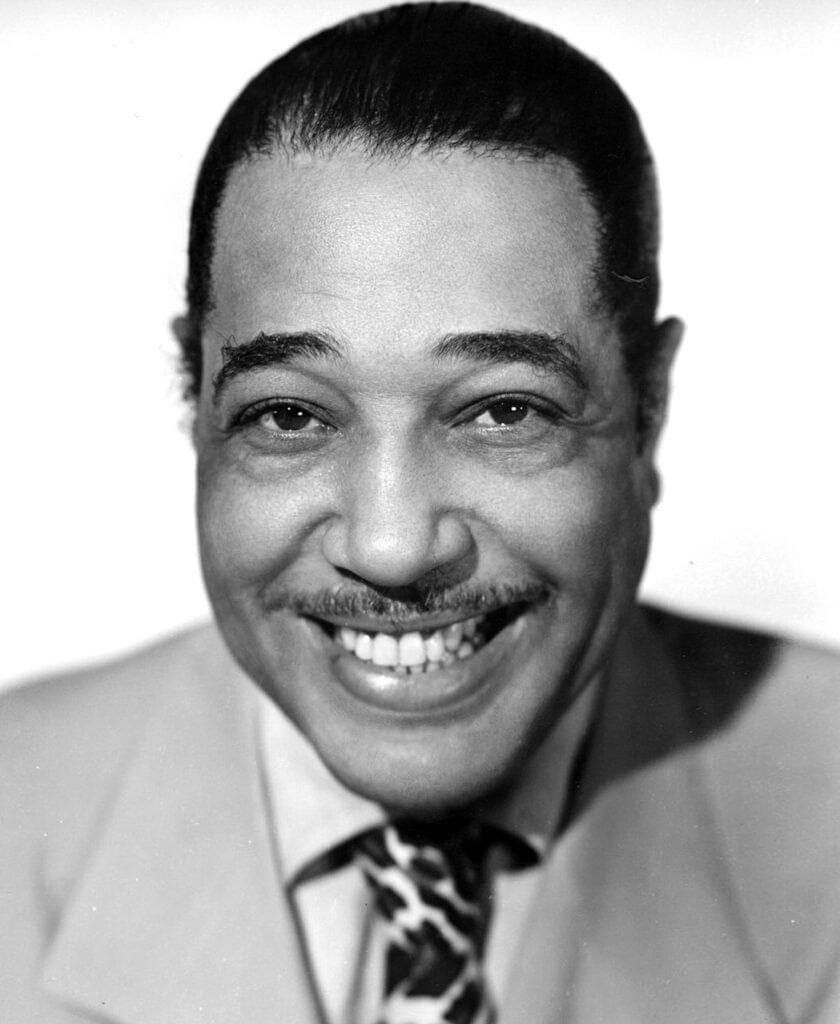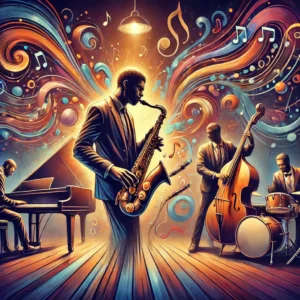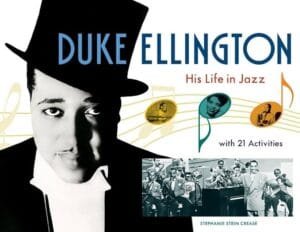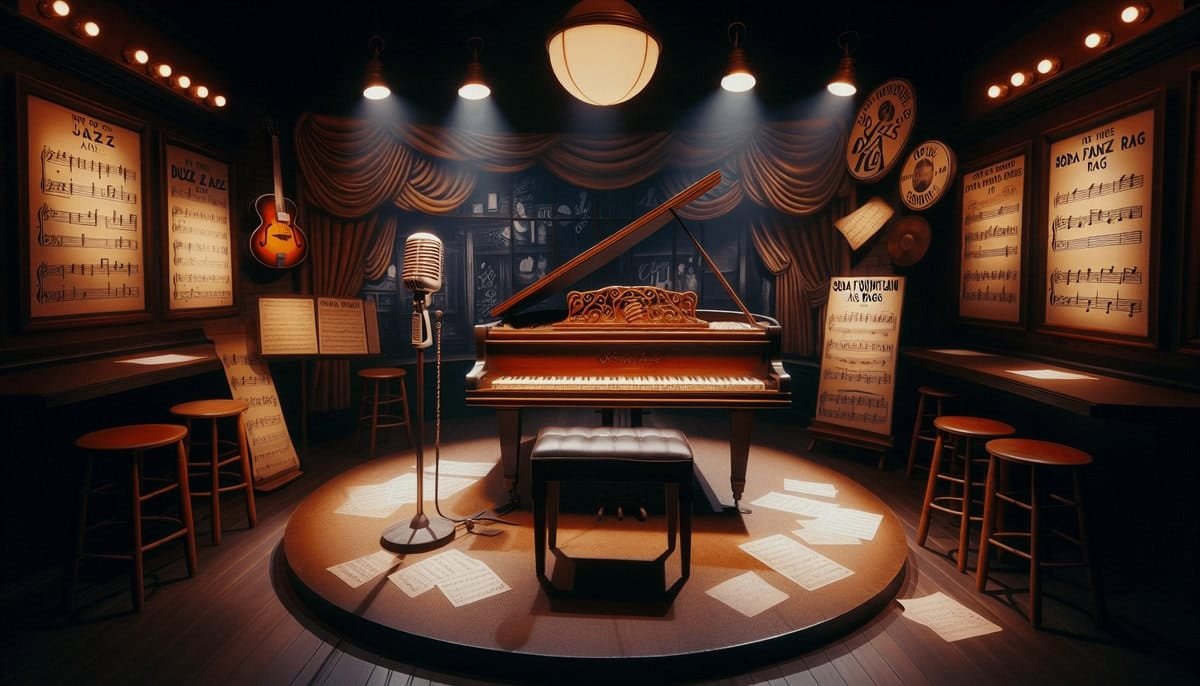Have you ever wondered what kind of impact one individual can have on an art form as magnificent and universal as jazz? Enter Duke Ellington, a name that effortlessly resonates with anyone who has even the faintest appreciation for the genre. Born in an era where jazz was more than music—it was a testament to cultural innovation and expression—Ellington didn’t merely engage with jazz; he propelled it into uncharted territories, shaping it with elegant sophistication and spilling over its edges with his unique sounds and rhythms.
What makes Ellington’s story particularly captivating is not just the legacy he left, but the journey he undertook to create it. It involves a blend of personal drive, genius creativity, and a touch of the spontaneity that jazz itself embodies. Through exploring the legacy of Duke Ellington, we unravel the fabric of American music history, stumble upon the crossroads of culture and identity, and witness the birth of timeless compositions that continue to inspire musicians worldwide.

A Prodigious Start: The Birth of a Legend
Early Life and Influences
Duke Ellington, born Edward Kennedy Ellington on April 29, 1899, in Washington, D.C., grew up in a middle-class African American family. His parents, both musicians, infused their love for music into Ellington from an early age. This early exposure laid the groundwork for his remarkable career. Ellington’s mother played the piano, and his home was constantly filled with music, ranging from classical to ragtime. Here, the seeds were planted for what would become his lifelong devotion to music.
The Birth of the Duke Nickname
By his teenage years, Ellington had garnered the nickname “Duke,” a nod to his gentlemanly demeanor and charismatic presence. The moniker not only stuck but also became synonymous with his musical persona, signifying his majestic command over the piano and his sophisticated flair. As you think about it, isn’t it fascinating how names can encapsulate so much meaning and foreshadow one’s destiny?
The Ellington Sound: A New Era of Jazz
A Revolutionary Approach
Ellington wasn’t just a pianist; he was a bandleader who understood how to extract the best from his musicians. He innovatively used each musician’s unique sound to sculpt his compositions, allowing for a rich textured symphony that was unmistakably “Ellingtonian.” He treated his ensemble like a painter does his palette, using colors and tones in surprising combinations. Much like us, each piece had its own voice, a story waiting to unfold.
Key Compositions and Collaborations
Among his prolific output, pieces like “It Don’t Mean a Thing (If It Ain’t Got That Swing)” and “Mood Indigo” became emblematic of an era. These works, infused with robustness and sensitivity, earned Ellington international acclaim. His collaborations with other jazz legends, such as Billy Strayhorn—his co-composer and right-hand man—proved mutually enriching and culminated in masterpieces that left a profound impact on the jazz landscape.
For a deeper dive into the compositions, you can explore resources like Smithsonian Jazz and the National Jazz Museum for reliable insights.
The Duke Ellington Orchestra
Under Duke’s baton, the orchestra became an institution in its own right. His ability to lead and inspire his band members nurtured a sense of unity and innovation, leaving an indelible mark on how jazz ensembles were perceived. The orchestra was a living organism, constantly evolving and producing music that was as complex as it was accessible. Ellington once said, “You’ve got to find some way of saying it without saying it,” a sentiment that captures the essence of both his leadership style and his music philosophy.
Beyond Jazz: A Conduit of Cultural Expression
Influences and Inspirations
Ellington’s work transcended jazz. He was influenced by the blues, gospel, and classical music, which allowed him to continuously expand the boundaries of his artistry. His compositions often reflected African American cultural themes, deftly narrating stories of joy, struggle, resilience, and triumph. In many ways, his music provided a soundtrack to the African American experience in the 20th century—a tapestry woven with complexities and beauty.
The Social Conduit in His Music
Duke’s prowess extended beyond technical proficiency; he was a communicator of profound emotions and social commentary. Through his compositions, he raised questions and offered contemplations about the world around him—something that perhaps resonates more than ever with today’s global conversations on identity and race. Isn’t it intriguing how music can serve as both a reflection and a catalyst for societal change?
Securing A Lasting Influence
Educational and Global Impact
Ellington didn’t limit his contributions to performance and composition; he was equally passionate about music education. He sought to inspire the next generation of musicians, emphasizing the importance of creativity and individuality in music. His international tours, particularly in Europe and Africa, played a crucial part in popularizing jazz as a global phenomenon. His tours underlined jazz as a language of freedom and versatility, promoting cross-cultural dialogue and understanding.
Awards, Honors, and Recognition
Over his lifetime, Ellington received a plethora of awards and honors, including 13 Grammy Awards. In 1969, he was awarded the Presidential Medal of Freedom, one of the highest civilian awards in the United States. His legacy continues to be celebrated in institutes of higher education and through music scholarships, ensuring that his influence endures well beyond his passing.
Legacy Beyond Life: Ellington’s Enduring Impact
Modern-Day Inspirations
In the modern music landscape, Ellington’s influence remains palpable. Contemporary artists across various genres draw inspiration from his work, proving that his music’s magic remains evergreen. Jazz musicians continue to explore Ellington’s vast catalog, while composers reinterpret his pieces to align with present-day sensibilities: a testimony to the timelessness of his genius.
The Continuation of a Musical Journey
Ellington once profoundly stated, “Music is the universal language…it is something that nourishes the soul,” a sentiment widely echoed by those who regard music as an essential aspect of life. As you reflect on Ellington’s contributions, it becomes evident that his musical journey was not solely about personal accolades but about leaving a legacy that bridges generations—a gift that keeps giving.
Conclusion: A Harmonious Legacy
Exploring the legacy of Duke Ellington is akin to traveling through a rich tapestry of sound, culture, and history. His music, forever imprinted on the jazz landscape, continues to inspire and evoke a spectrum of emotions in those who listen. Ellington’s story is not just about a remarkable musician but about a visionary who used his artistry to explore the depths of cultural expression and human experience.
Ellington’s life and work invite you to delve deeper into the heart of jazz, to appreciate its complexities, and to celebrate its ability to transcend time and place. As his compositions live on, so too does his influence, echoing through concert halls, classrooms, and hearts worldwide—a true embodiment of the universal language he so eloquently championed.
Meta Description:
Uncover the timeless influence of Duke Ellington, exploring his contributions to jazz and cultural history. Continue his legacy in the universal language of music.


